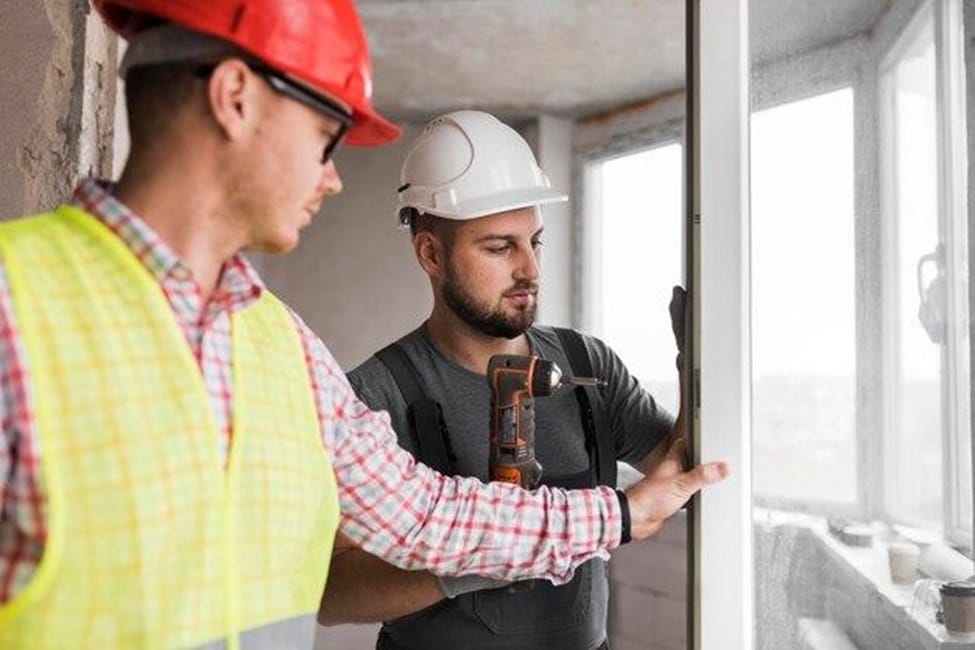Upgrading your windows is a significant investment that can significantly enhance your home’s comfort, energy efficiency, and curb appeal. However, with a variety of window styles, materials, and features to choose from, the process can seem overwhelming.
This guide explores key considerations to ensure your window replacement project is a success, transforming your home into a brighter, more functional, and secure living space.
Window Replacement: Top Considerations for a Successful Project
Take a look at these top considerations for a successful window replacement project and breathe new life into your home:
1. Evaluating Your Needs and Priorities
The first step is to identify your primary goals for window replacement. Are you looking to improve energy efficiency and lower your utility bills? Perhaps increased natural light and better ventilation are your top priorities.
Security might be a major concern, especially if you live in an area with high crime rates. Understanding your needs will help you choose the most suitable window materials, styles, and functionalities.
For instance, if energy efficiency is a major concern, double-paned windows with an insulated glass unit will be a better choice than single-pane windows. Similarly, if security is paramount, consider windows with laminated glass or impact-resistant materials.
2. Maximizing Natural Light and Ventilation
Natural light plays a crucial role in creating a bright and inviting atmosphere in your home. When considering window replacement, explore options that maximize natural light penetration. Larger windows or strategically placed windows can significantly brighten your living space.
Consider factors like window size, placement, and the amount of natural light desired in different rooms. Additionally, proper ventilation is essential for maintaining good indoor air quality. Look for windows that open easily and allow for proper airflow throughout your home.
Casement windows, awning windows, and hopper windows are all excellent options for promoting ventilation.
3. Enhancing Curb Appeal and Architectural Style
New windows can significantly enhance your home’s curb appeal and contribute to its overall architectural style. Choose window styles that complement your home’s existing design.
For instance, traditional colonial homes might benefit from double-hung windows, while contemporary homes might look better with large picture windows or sliding glass doors.
Many window manufacturers offer a variety of styles, colors, and finishes to allow for customization and a seamless integration with your home’s aesthetics.
4. Addressing Safety Concerns and Building Codes
Safety should be a top priority during any window replacement project. Modern windows come equipped with robust locking mechanisms to deter break-ins. Double-hung windows typically feature sash locks on both sashes, while casement windows often have multi-point locking mechanisms for added security.
Consider upgrading existing window locks to more secure options with pick-resistant features. Additionally, building codes often require egress window installation in specific areas of your home, particularly in basements and bedrooms without a secondary exit.
Egress windows must meet minimum size requirements to allow for safe escape in case of an emergency. There are many aesthetically pleasing egress window options available, so safety doesn’t have to come at the expense of style.



